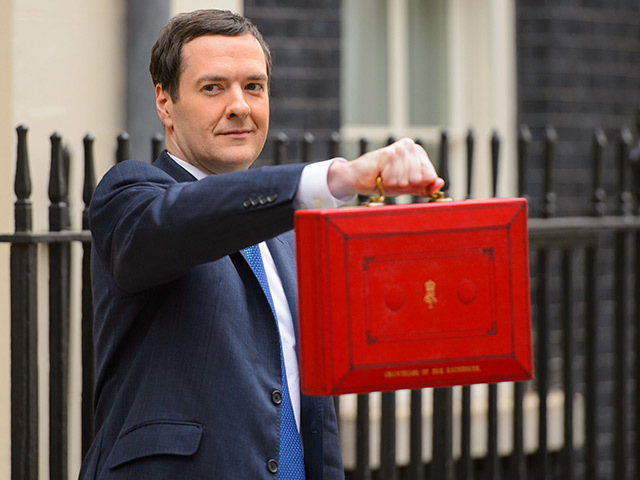
In yesterday’s article I set out the backdrop of a collapsing commodity price, high cost base, and tightening debt and equity markets for the oil and gas sector as the context of calls for fiscal change in the Budget tomorrow – today I explain the need for a low, simple and transparent tax rate.
2015 was a very difficult year for companies investing in the UKCS and 2016 shows little signs of improvement, with the likelihood of further corporate insolvencies as some companies struggle with the continuing low oil price, expiring commodity price hedges, and a failure to meet banking covenants.
It is understandable that, at a time like this, oil and gas companies would expect an improvement in fiscal terms to help them through the crisis. However, delivering an improvement in fiscal terms in a manner which enhances the cash flow of the vast majority of companies in the UKCS in the short to medium term is unattainable. Most exploration and production companies in the UKCS have trading losses and are not currently paying any tax – thus a reduction in tax rate has no immediate impact.
It has been suggested the UK should introduce the Norwegian style payable tax credit for exploration activity, but even that is unlikely to stimulate much activity at today’s oil price, and would be a questionable use of national resources.
In such circumstances is it the case that the Government is impotent and the Chancellor should focus on other areas of the economy? Thankfully the answer is “no” because investment in offshore oil and gas is a long term investment and stimulating such investment is about creating the correct fiscal and regulatory environment for the long term. Given the maturity of many parts of the UKCS the correct fiscal regime is one that has a low tax rate relative to the tax rates of the past, and is as simple and transparent as possible.
The current regime still has a minimum headline rate of 50% corporate tax, and for the older fields which are the hubs of much of the existing North Sea infrastructure have a rate of 67.5%. These are clearly too high at today’s oil price, but would be too high if the oil price were $115 because the maturity of the basin makes it relatively unattractive against other oil and gas provinces. So the case for change is not precipitated by the oil price, but greatly exacerbated by it, and any changes made must not be on the basis they will be reversed when the oil price recovers as that would be fatal to achieving maximum economic recovery.
So what changes do I hope the Chancellor will make tomorrow?
Firstly, I hope to see a reduction in the corporate tax rate. Oil and gas companies already pay normal corporation tax at a rate which is higher than other companies in any other sector in the UK. Whilst there is a strong case for reducing that rate to be the same as companies generally, it is much more likely that we may see a reduction in or abolition of supplementary charge. Abolition has the advantage of sweeping away the complexities of investment allowance and making the overall regime simpler. The outcome would be a return to the overall corporate tax rate that the sector suffered from 1999 to 2002. Secondly, I expect to see a further reduction in the rate of Petroleum Revenue Tax (PRT), ideally to 0% (there are complex reasons why the Government would not want simply to abolish PRT), which would provide a cash flow improvement to the older larger fields when the oil price recovers. Finally, I hope to see some clarification on certain aspects of the existing tax rules with regard to decommissioning tax relief which would enable deal activity.
Follow my live commentary on the Budget @EnergyVoiceNews tomorrow
Recommended for you
